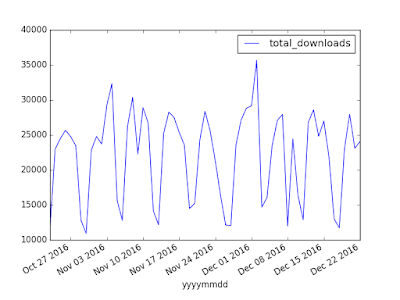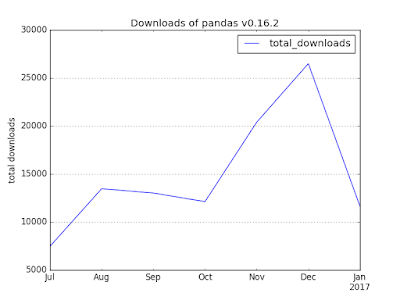On the market for assembled desktops, laptops and phones.
I am currently on my third laptop in 8 years. The one I have currently is pretty powerful but the last two weren't as powerful as I wished. They didn't have a dedicated GPU. They didn't have SSDs. Their CPUs were a generation old. Don't get me wrong, they were still very helpful, especially given that most of my time was spent programming and running long-running simulations. But, I would've loved to be able to swap out the CPU or the SSD on my old laptop, instead of having to throw it away and buy a new one. If I had a desktop, instead of a laptop, throwing the old out and replacing them with the new might have been easier. There are a number of people who still prefer assembling their desktop from scratch. And there are businesses that cater specifically to these customers. The good thing about assembling your own desktop, as I mentioned earlier, is the fact that you can swap out the old CPU/GPU with the new ones and replace the existing magnetic hard drive wit...

